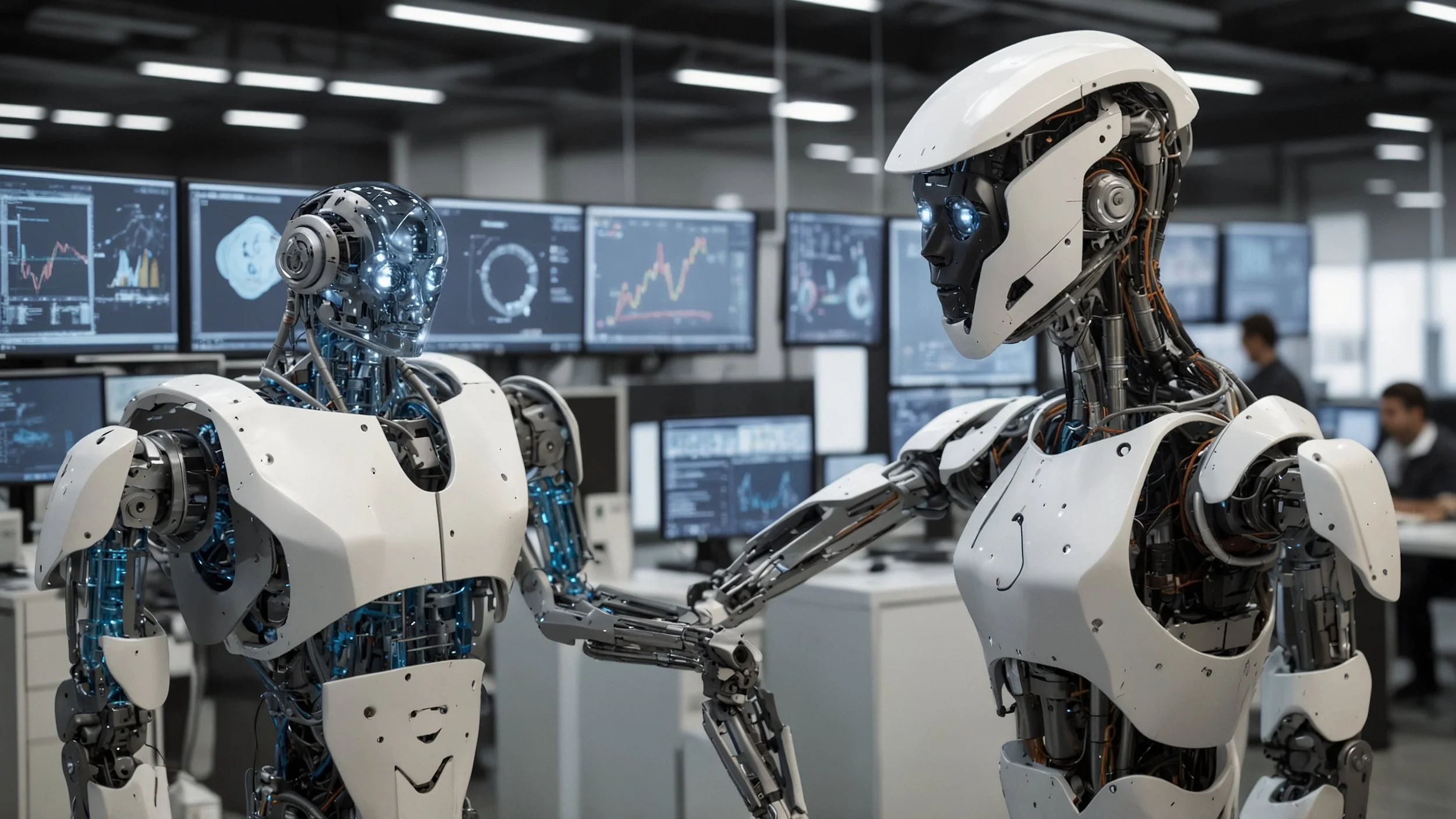The silent revolution that is redefining the way business is done
The emergence of intelligent, agent-based automation is profoundly transforming the business world. Far from traditional automation, this new generation of systems uses artificial intelligence to execute complex tasks, make decisions and adapt without human intervention. This change represents a crucial breakthrough that drives companies to operate with greater efficiency, speed and adaptability, completely rethinking their strategies and operating models in a dynamic and competitive environment.
Automation with business-integrated autonomous intelligence
Intelligent agent-based automation allows systems to make decisions on their own and manage multiple processes in parallel. This capability makes artificial intelligence not just a tool, but a strategic partner capable of constantly learning and optimizing its actions. Integrated with systems such as CRM and ERP, intelligent automation reduces errors, improves response times and lowers costs, accelerating business execution and growth.
Collaboration between agents and sector adaptability
A key element in today's technological development is the collaboration between multiple specialized actors working together to solve complex problems. This approach allows the creation of an interconnected digital ecosystem, where diverse entities and technologies are integrated to offer more complete and effective solutions.
These agents can range from software developers to sector-specific experts, working as a team to address multifaceted challenges.
In highly regulated sectors such as finance, healthcare and manufacturing, technology is adapted to meet strict legal and quality regulations.
Specific solutions are designed to facilitate critical processes, such as compliance reporting or detailed monitoring of supply chains.
These technological adaptations maximize efficiency and operational safety in areas where precision and control are crucial.
Technological advances in the service of performance and safety
Recent advances in hardware, particularly the development of chips designed specifically for artificial intelligence (AI), together with innovative techniques such as swarm learning, are significantly transforming the performance of AI systems, while reducing their energy consumption. These advances are making AI solutions more efficient and sustainable, facilitating their deployment in a wide variety of industries.
Chips designed for AI, known as ASICs (Application-Specific Integrated Circuits), optimize processing by focusing on specific tasks, providing higher speed and lower power consumption compared to generalist hardware.
Swarm learning is a technique that is inspired by the collective behavior of social organisms such as bees or birds, allowing multiple AI agents to collaborate and enhance global learning faster and more effectively.
The integration of advanced capabilities, such as human reasoning and conversational AI content generation, is revolutionizing the customer experience by creating more natural, personalized and dynamic interactions.
In parallel, enterprise security is considerably strengthened by the use of specialized platforms that ensure regulatory compliance and the protection of sensitive data, especially in increasingly complex and connected automated environments.
Ultimately, intelligent agent-based automation represents an essential transformation for organizations seeking to remain competitive and agile. Integrating these systems not only improves operational efficiency, but also drives innovation and enhances the customer experience. The conscious and strategic adoption of these technologies is key to meeting future challenges and consolidating sustainable growth in today's corporate world.






